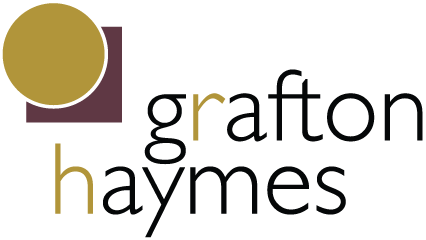“I’ve learned that trying to be like someone else, because of a perceived advantage, doesn’t work in any part of life, least of all in business. There is no room for imposters in any part of a successful enterprise.”
Carrie Hindmarsh, CEO of M&C Saatchi Group’s advertising agency1
I like this quote as it encourages us to be who we are in the work place and that it can actually be to our own and the company’s benefit. If you think about it, who we are, and what we think, feel and do is akin to a ‘brand’, which is ‘the essence or promise of what will be delivered or experienced.’ A brand ‘is larger than a logo, tag line or jingle’. It includes perceptions. A brand enables a ‘buyer to easily identify the offerings of a particular company’. Brands are generally developed over time through consistent messages, recommendations from others, interactions with the company and its representatives, and real-life experiences using a product or service (generally considered the most important element of establishing a brand).2
So why would any of us apply this to ourselves? Why could it be important? If you want to get that different role, promotion, new job, figure out your next career move or just raise your profile in your organisation, it helps to know your brand. It’s what you are about. It’s what people see when you come in to a room and when you leave it and their reaction to that. It’s the trail of ‘you’ that you leave behind. How you work, interact with others and what you produce is a form of self-marketing, but not of the over confident, self-promotion, cringing variety. Not knowing your own brand means you don’t know what or how to use it for your, the company’s and others’ benefit.
The process of identifying your brand is figuring out what you are about and enjoy. So we’ll spend a few blogs on this. For a start, what do you think are the consistent messages you give about yourself to colleagues, the market place, friends and family? What image do you portray? What do people have to say about you as a person, your work and how you act? Get feedback from colleagues, friends and family. (This step is crucial.) Identify the themes and differences across what you think and what others have to say.
Look at what you have accomplished in your life, both in and outside of work. Make a list of them. Note the situations, the tasks you were responsible for, actions you took and the results (STAR). Identify the themes in your achievements. Also look at when you experienced major transitions, obstacles and difficult periods in your life. Use STAR to identify the themes in what enabled you to get through or deal with them (successfully or not) and what you learned. What skills and abilities does all this demonstrate that you
possess?
Think about all the specialist knowledge you have gained over the years including professional qualifications. Write it down whether you currently use it or not. Why did you choose those areas to learn about? What is it about them that give you energy? Which of them gives you the most energy? Why did you drop the ones you did? What does all this say about you, what you are interested in and enjoy?
I’m going to stop now as those are plenty of questions to get you started in identifying your brand. Next time, we’ll continue with this topic by looking at our values.
Written by: Barbara Babcock (L&D Consultant and Coach) ![]()
